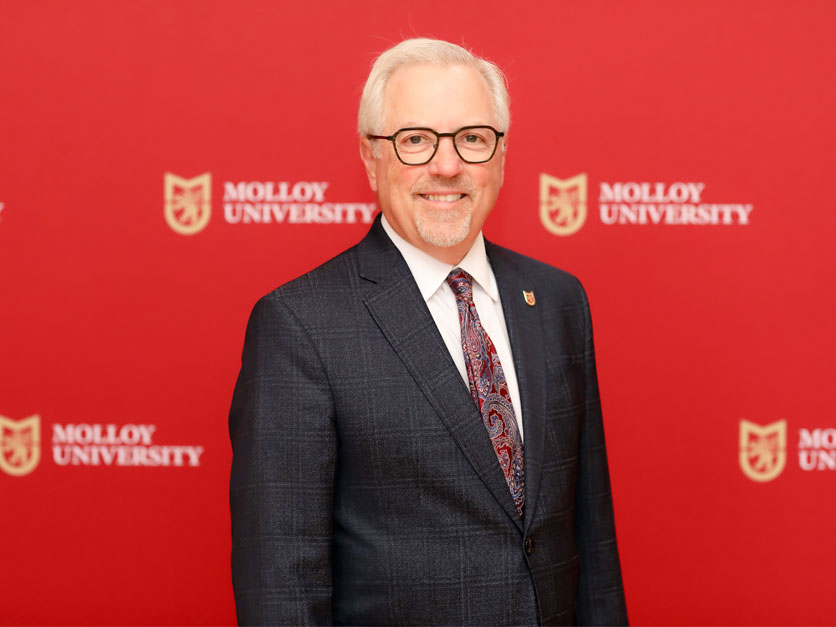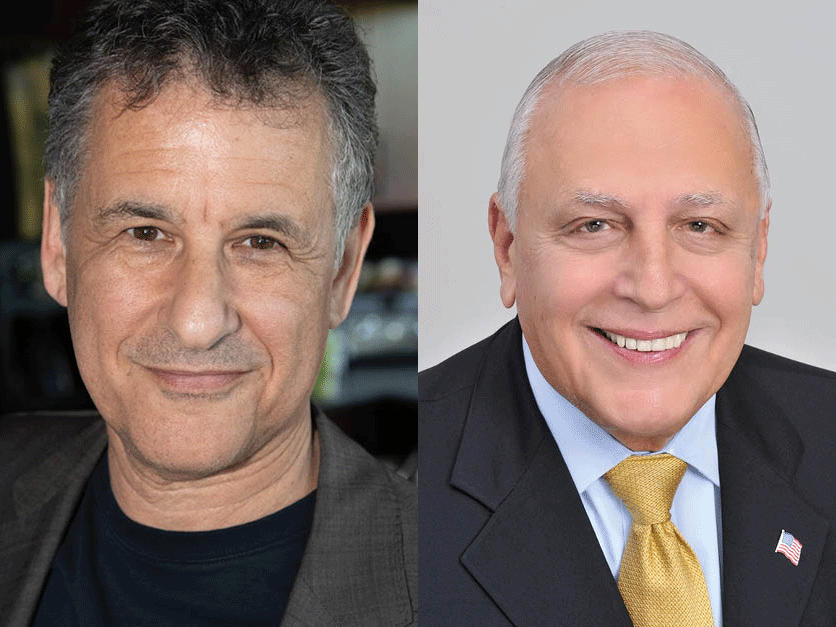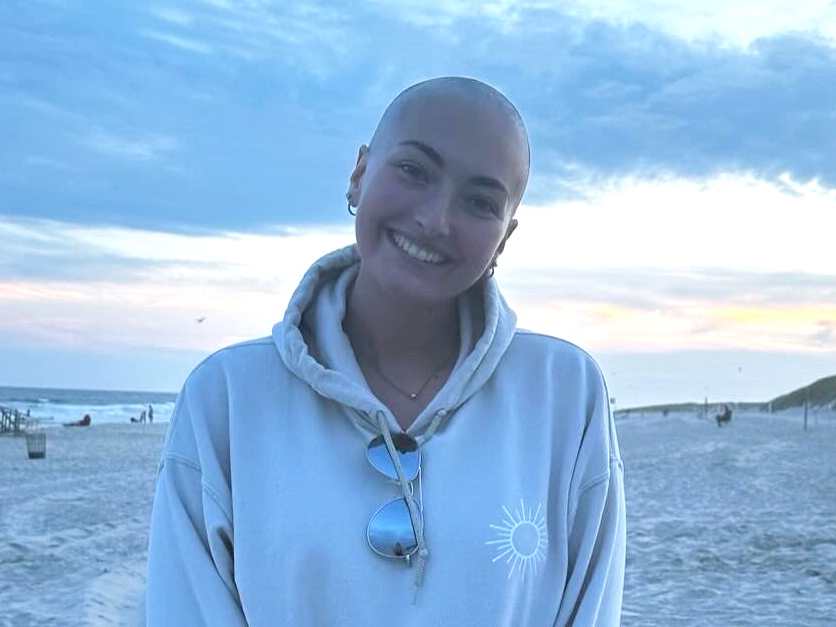How to Apply

What is a Clinical Mental Health Counselor?
- Professionals who treat cognitive, behavioral, and emotional aspects of mental health & substance abuse conditions
- Combines traditional psychotherapy with a practical, problem-solving approach that creates a dynamic and efficient path for change and problem resolution.
- Provides psychotherapy to help clients:
- Understand their behaviors, emotions and thoughts.
- Identify stressors
- Teach them healthy coping & problem-solving techniques
How Mental Health Counselors Serve Their Patients
- Assessment and diagnosis
- Brief & long-term therapeutic services
- Treatment planning & progress monitoring
- Focused counseling services for specific populations & needs:
- Couples/families
- Substance use/abuse
- Children & adolescents
- Psychoeducational and prevention programs
- Crisis Management
Career Outlook
According to the U.S. Bureau of Labor Statistics, the projected growth in need for licensed mental health counselors is 22%, which is much faster than the national average at 5% for all occupations.
Where is this growth coming from?
- The national recognition for mental health services has led to federal & state policies expanding access to such services, especially through insurance
- The number of specific populations such as military veterans seeking mental health treatment is expected to increase over the next decade
- Acknowledging the importance of mental health has led to an increase in those willing and eager to seek treatment
- The demand for mental health professionals has increased job openings in treatment facilities
Our Program Highlights
- Our program provides our graduates with academically rigorous courses, incorporating clinical skills training with evidence-based counseling principles.
- A program designed for working students with classes exclusively in the evenings
- Dedication to the highest standards of accreditation, being CACREP accredited
- Committed to equitable and inclusive education in a culturally diverse environment with a value for social justice advocacy
- Faculty that is highly versed in numerous counseling theories and interventions
- Best practices and ethical standards embedded throughout the program
- Highly experiential coursework and hands-on practice
- Small class sizes and one-on-one mentorship throughout the program
Program Structure
60-Credit Program, which fulfills the education requirements for NYS licensure in Mental Health Counseling. Classes are offered in-person at our off-site campus at 30 Hempstead Avenue, Suite 248 in Rockville Centre, New York.
- Offered as a 3-year cohort model
- Classes run throughout the year so that you can complete the program quickly
Clinical experience is completed in the final year of the program:
- 100-hour Practicum in the Summer semester (approximately 7 hours per week at a clinical site);
- 600-hour Internship in Fall and Spring semesters (300 hours each semester with approximately 21 hours per week at a clinical site)
How to Apply
Visit Graduate Admissions at Molloy University to begin the application process and to learn more about graduate studies at Molloy!
Program Admission Requirements
- Application fee, $65.00 non-refundable
- A Baccalaureate degree, with a minimum G.P.A. of 3.0 or higher, from an accredited college or university, or successful completion of another master's degree, demonstrating prerequisite coursework
- Official copies of undergraduate and/or graduate transcripts from any colleges or universities attended
- A current resume
- A personal statement of not more than 500 words addressing the applicant's background, experiences, personal qualities and academic and career goals related to the field of mental health counseling.
- Three academic or professional letters of recommendation from former faculty members or employment supervisors, attesting to the applicant's ability to be successful in graduate school and in the field of mental health counseling.
- Prerequisite coursework: an undergraduate major in counseling or psychology or a related mental health field is preferred. However, students with another major who have completed three of the six following courses and obtained a 3.0 or higher GPA will be considered:
- Introduction to counseling or psychology
- Life-span development
- Evaluation/assessment in counseling or psychology
- Psychopathology or abnormal psychology
- Statistics in the behavioral sciences
- Experimental design in counseling or psychology
- A personal interview with the Program Director and/or other faculty member from the department
- Experience in working with others in a volunteer or employment capacity (preferred, but not required)
- A spontaneous writing sample at the time of an interview
Prospective Student Information
-
CACREP Accreditation
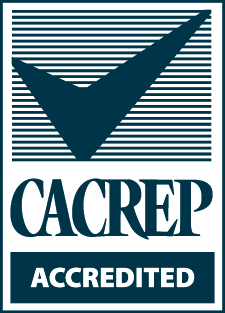
The Council for Accreditation of Counseling and Related Educational Programs (CACREP), is the gold standard accrediting body for Counseling programs and recognized by the Council for Higher Education Accreditation.
Accredited Programs provide the following to students:
- Recognition that the program has been evaluated and meets or exceeds national standards
- Knowledge that the graduate has met prerequisites for credentialing and is ready for entry into professional practice
- Understanding that the focus of the program will be on professional counseling, not psychology, education or other helping profession
-
Diagnostic Privilege Designation
Molloy University’s Clinical Mental Health Counseling program has been approved by the New York State Education Department to add the diagnostic privilege designation. This designation indicates that a graduate of the program will meet the educational criteria for diagnostic authority.
-
Course Progression
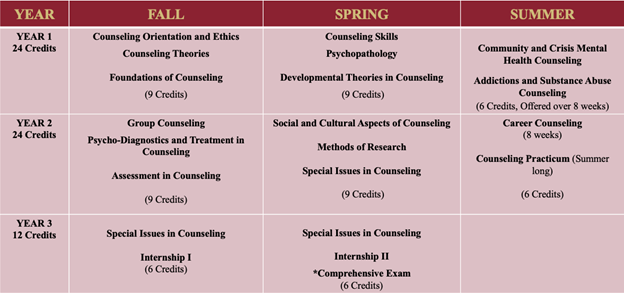
-
Additional Program Information
Additional Program Information:
- Fall and Spring classes are held on the same days throughout the duration of the program
- For example, if your classes are on Mondays from 5:25-9:55 in the first year, this will also be the case in year two and three
- A third class (in the first two years of the program) will be scheduled on an alternate day
- Summers:
- Year 1 – Tuesdays and Thursdays from 5:25-7:35 for 8 weeks (Approx. June and July)
- Year 2 – One class is held for 8 weeks for 4 hours per week, as described above. The second class is a practicum class that will be a summer-long course (approx. 2 hours per week from the end of May to the end of August)
- Fall and Spring classes are held on the same days throughout the duration of the program
Contact Us
The Clinical Mental Health Counseling Program
Suite 248
30 Hempstead Avenue
Rockville Centre, NY, 11570
